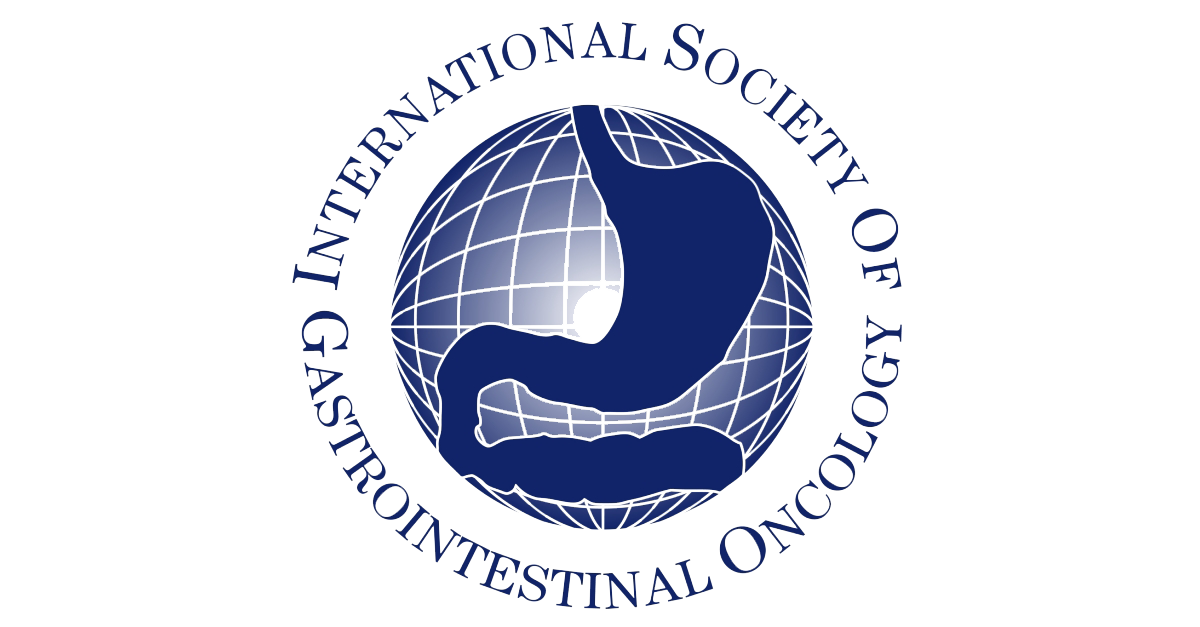
Genetic Testing Should Be Considered for All Patients With Pancreatic Cancer

Michael J. Pishvaian, MD, PhD, discusses the key takeaway from his presentation at the 17th Annual Meeting of the International Society of Gastrointestinal Oncology on the role of genetic testing in patients with pancreatic cancer.
Michael J. Pishvaian, MD, PhD, associate professor, School of Medicine, and director, Gastrointestinal, Developmental Therapeutics and Clinical Research Programs, Johns Hopkins Kimmel Cancer Center, discusses the key takeaway from his presentation at the 17th Annual Meeting of the International Society of Gastrointestinal Oncology on the role of genetic testing in patients with pancreatic cancer.
Pishvaian says the most important takeaway is to test patients, and this is supported by both scientific evidence as well as national recommendations. Both the American Society of Clinical Oncology (ASCO) and the National Comprehensive Cancer Network (NCCN) recommend hemline testing for pathogenic hereditary mutations in 100% of pancreatic cancers, irrespective of their disease stage or other characteristics.
In 2019, the NCCN updated their recommendations to introduce somatic testing for patients with advanced pancreatic cancer. This accounts for roughly 80% of pancreatic cancers, says Pishvaian, and these patients, for whom there may be a novel therapy that may provide some degree of benefit, should undergo somatic testing to detect any potential actionable biomarkers.








































